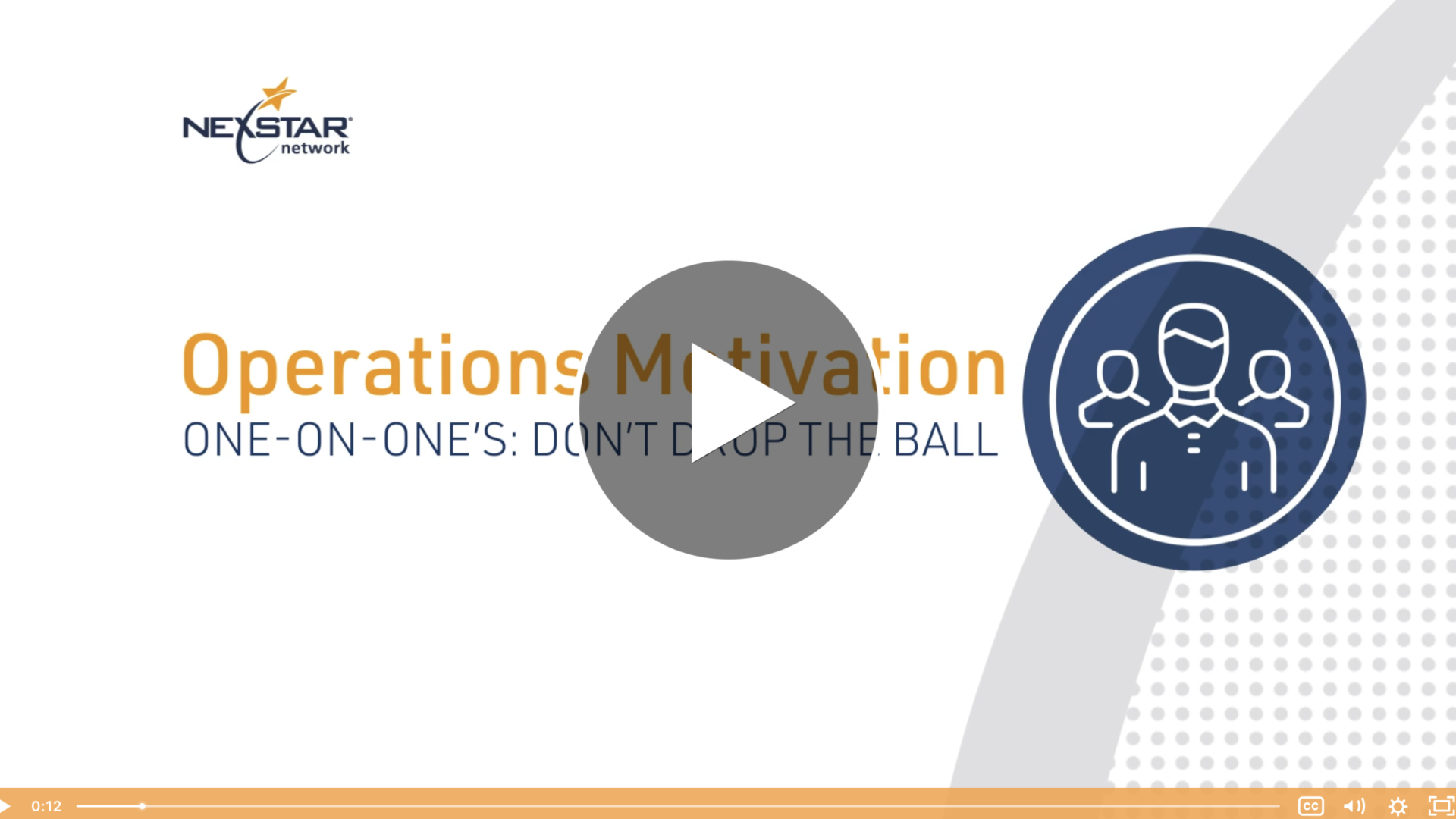Harness the Power of Business Partnerships
We all know that two heads are better than one when it comes to solving problems. Two brains thinking about an issue are often going to generate twice the number of ideas and solutions.
But what if we took this idea and applied it on a larger scale? For instance, do you think your business could benefit from the collective ideas gleaned from individuals at other companies? What if you had access to a group of people who are committed to improving their businesses together?
A common trait found in highly successful people is that they believe in the power of working with small groups. They form partnerships that are intentionally designed to work through issues using the collaborative ideas of others. Successful leaders know that connections and relationships with others can bring about big changes. They see the sharing of opinions and knowledge as an opportunity to challenge themselves and their peers.
A few notable individuals who have been part of small, intentional, powerful groups include Thomas Edison, Henry Ford, and Walt Disney. These business pioneers understood that large-scale transformations often begin with small-scale collaboration. A small group can be a catalyst for individual and organizational change when people are willing to invest themselves and their time in positive outcomes.
Putting your energy and time toward a common goal and purpose with trusted peers will always positively impact your development as a leader. You can then, in turn, help develop those around you.
Forming a group or partnership requires careful consideration. Follow these steps to find the right mix of people:
- Identify 5-7 people who you respect and aspire to be like. Look for people whose values are similar to your own. Make sure these people aren’t just like you – look for those with complementary skills. Think about members within a professional group you belong to; consider people you see as leaders within your community.
- Be open and forthright as you explain your motivation and desire to grow as a leader; explain how you’d like them to join a small, like-minded group. The partnership should be mutually beneficial for everyone involved. Motivations may differ, but all members of the group must benefit if the group is going to last.
- Set group expectations early. People will enjoy participating in the group more if all members contribute equally. They won’t like to feel as if they constantly give out ideas and get nothing in return. Explore the possibilities within the group while seeking to give of yourself to others.
Ideally, your group or partnership will meet regularly via phone, Zoom, or in-person gatherings. Your focus should be to work on issues and hold each other accountable to goals that have been set. Members should be there to support each other, advise, share wisdom and ideas, solve challenges, and create new opportunities.
A connection with like-minded, growth-oriented individuals creates a collective roadmap toward success for everyone involved. It doesn’t matter if you’re not in the same industry as those within your small group; getting insights from people who aren’t part of your day-to-day business can provide unexpected and new ideas.
Once you’ve connected with a small group, you’ll no longer have the feeling of being alone as you run your business; you’ll be continually working alongside others who experience similar challenges and successes every day. You’ll also be exponentially expanding your network through the connections of everyone within the group. This will help you to build your own intentional community over time.
It can sometimes be difficult to stay motivated toward achieving your goals on your own. With the help of others, you’ll find you have renewed motivation and energy. Plus, it’s a lot harder to make excuses for not hitting goals within a group of trusted peers where accountability is a top priority. You’ll find that out pretty quick! You’ll expand your beliefs about what your organization is capable of and achieve your goals more quickly.
It’s important to tell the truth and be open to receiving observations from others. Sometimes shared observations can be hard to hear, but the gains to be had for your business through collaboration are worth the effort.


